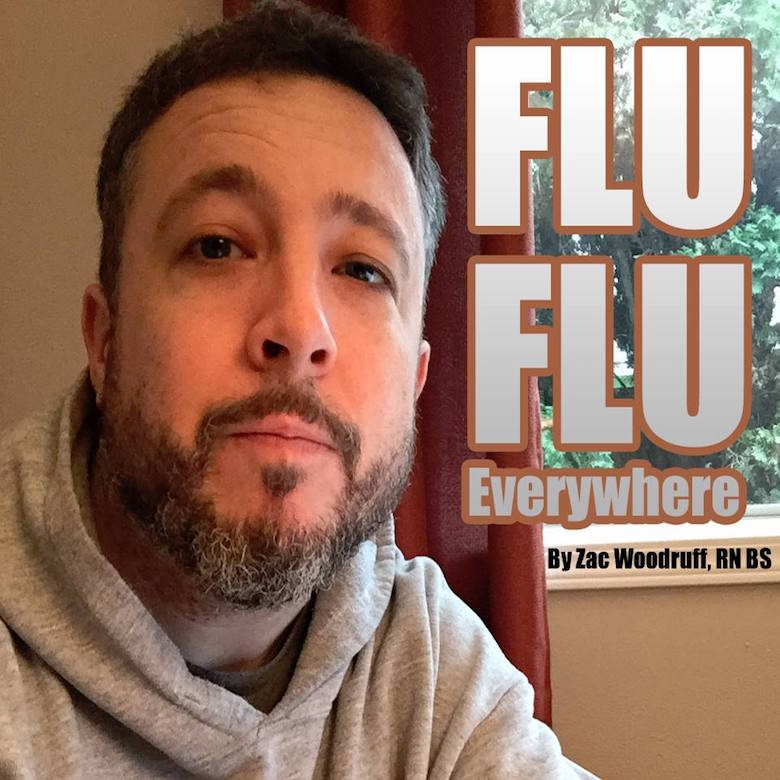Flu Flu Everywhere
January 24, 2018

It’s been all over my Facebook timeline this week. It’s all over the Internet and the news. It was the topic of conversation when we went for Chinese food on Wednesday night. Many of my family members have gotten it, some even twice!
Every year we all prepare for the flu season, but some years it’s far worse than others. And this year, it looks like it’s the worst since the H1N1 pandemic in 2009.
Oh yes, the flu season is in full effect and people all around the country seem to be more worried than ever. My nephew spiked a fever just last night and my sister and I were talking about why people are so worried about the flu this year.
So what’s different about this year? Why does it seem like every news story has to do with another flu-related death or complication?
The main problem with the flu this year is the type of virus it is. The majority of flu infections are coming from influenza A, specifically the H3N2 strain. This strain is notably severe and also more resistant to the flu vaccination. Also, traditionally people have less exposure to H3N2, so we have less immunity overall to the virus.
So there it is. You’ve got a strain that is more severe, more resistant to the vaccine, and less recognized by people, which is a recipe for a really bad flu season.
For the most part, the vast majority of people who get the flu will get better with rest, fluids, and over the counter medications. But there are some people, even “healthy” people, who are getting very sick with the flu, and in some cases, dying. Why is this happening?
The flu can cause respiratory compromise, and this also puts people at risk for developing pneumonia. Sometimes this pneumonia can lead to a bloodstream infection, which can move throughout the entire body and cause multi organ failure. This is called sepsis, and it’s the main reason why some people are losing their lives from the flu.
If you or anyone in your family feels like they are coming down with the flu, it’s important that you do all you can to reduce the chance that you will pass it along to others.
Stay home. Wash your hands. Cover your mouth when you cough or sneeze. Disinfect surfaces around your home. Drink fluids. See your doctor if you can concerns.
The CDC reports about a 30% efficacy rate on this year’s flu vaccination, but the recommendation is still that all U.S. citizens over the age of 6 months (with a very few exceptions) get the flu vaccine. Even if it doesn’t prevent you from getting the flu, it can help shorten the time you are sick and lessen the severity of your symptoms.
Again, if you do feel like you are coming down with the flu, your doctor can prescribe you anti-viral medication, which can also help shorten the duration and severity of flu symptoms.
Please take steps to protect yourself and your family during this flu season and if you have any questions, please don’t hesitate to ask us.
Cheers.
